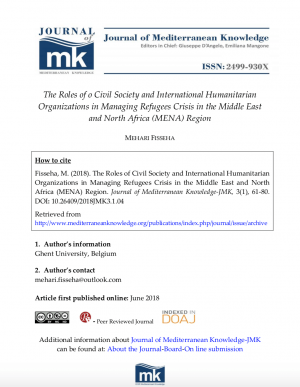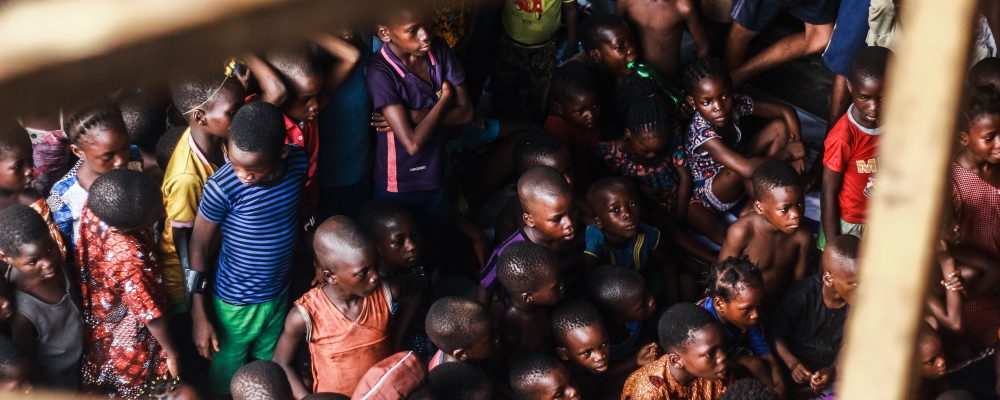
Policy highlights:
- This article analyses the efforts of civil society organizations (CSOs) and international humanitarian organizations (IHOs) in managing the refugee crisis in the Middle East and North Africa (MENA) Region since the Arab Spring in 2011.
- Despite CSOs and IHOs doing their best to assist refugees in Syria, Libya and Yemen, they have been hindered by inadequate funding, shortages of supplies and the overwhelming number of refugees. They have also been restricted by the inadequate number of volunteers to assist in their operations. The wars in Syria and Libya have led to a migration crisis, with refugees risking their lives on a daily basis to cross the Mediterranean Sea to Europe.
- For decades, Syria and the Syrian people have hosted thousands of refugees, mainly from the Arab World. In 2012, Syria was the third largest asylum receiving country in the world. Now is the time for the international community to extend the same support to the Syrian people in their time of difficult.
- Since September 2013, when the United Nations High Commissioner for Refugees (UNHCR) was overwhelmed by hundreds of thousands of refugees in its camps in the countries neighbouring Syria and Libya, international responses and assistance to Syrian refugees have been encouraging. Sweden was the first EU-country to offer temporary residence to Syrians followed by countries in South America (mainly Argentina and Brazil). In the first half of 2015, large numbers of Syrian refugees crossed into Europe: 313,000 refugees were registered with UNHCR across Europe by early August 2015.
- International solidarity must be deeply reinforced to help Syria, Libya and Yemen. By taking in thousands of refugees, the neighbouring countries are doing MENA and the world, a remarkable service. Yemen needs urgent assistance, as most Yemenis do not have the means to flee the war in their country. However, realities in Yemen are being overshadowed by the Syrian crisis. Paradoxically, most of the refugees fleeing Yemen to Somalia and Sudan are those who became refugees in Yemen from the same countries.
- Although the international response has been encouraging, especially in the case of Syrian refugees, highly industrialized and rich countries like the US, France and the UK should assist by taking in more refugees. The Arab nations should also bring up their regional response. The United Nations Security Council should work to end the differences between the major powers and make it clear that urgent and real commitment is needed to help resolve the conflicts in Syria, Libya and Yemen.







